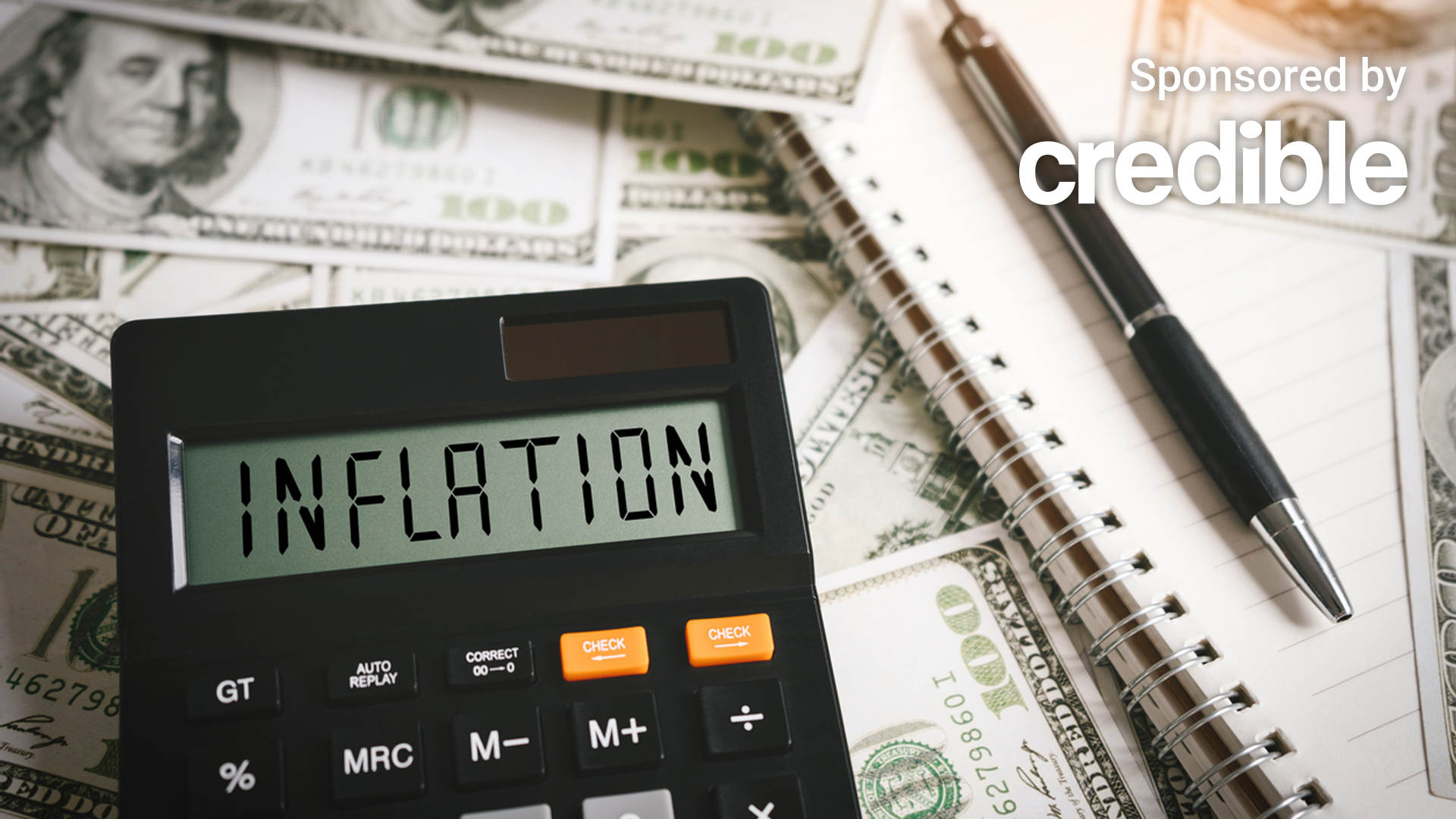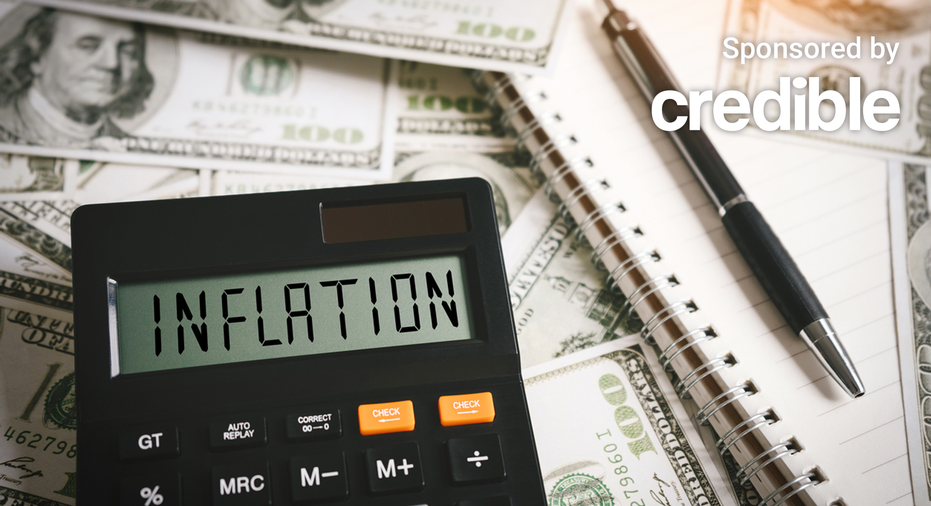Prices took a surprise dip in February, according to the latest inflation report. (iStock)
Annual inflation increased to 2.8% in February, an unexpected decline from 3.0% in January, according to the Consumer Price Index (CPI) released by the Bureau of Labor Statistics (BLS).
Inflation increased 0.2% monthly after rising 0.5% the previous month. Core inflation, which excludes volatile energy and food prices, grew at a higher pace of 3.1% in February from a year prior, decreasing slightly from the previous month’s rate of 3.3%. Housing inflation (shelter) increased by 4.2%, and food prices accelerated by 2.6% over the past 12 months, up slightly from 2.5% in January. Core inflation and housing recorded their lowest readings since 2021.
Both headline and core prices rose by 0.2% month-over-month, aligning with the Federal Reserve’s target. However, the looming uncertainty over President Donald Trump’s proposed import tariffs and their potential impact on future prices remains a cause for concern.
“The uncertainty around tariffs remains a huge source of concern for investors, consumers, and businesses alike,” Jim Baird, Plante Moran Financial Advisors’ chief investment officer, said in a statement. “Understanding that the rules of the game are changing is one thing; understanding what those rules will be and when they’ll be clearly defined are another thing entirely.”
If you are struggling with high inflation, consider taking out a personal loan to pay down debt at a lower interest rate, reducing your monthly payments. Visit Credible to find your personalized interest rate without affecting your credit score.
CALIFORNIA’S HOMEOWNERS INSURANCE INDUSTRY FACES ROUGH ROAD AHEAD AS WILDFIRES CONTINUE
Fed still likely to hold off on rate cuts
According to First American Senior Economist Sam Williamson, the modest improvement in the CPI report is a positive sign for the Federal Reserve’s ongoing effort to bring down inflation. While it may not be enough to prompt a rate cut in March, it keeps rate cuts on the table.
“Small downside surprise in today’s CPI report is an encouraging sign for the Federal Reserve’s ongoing effort to bring down inflation,” Williamson said. “However, the modest improvement is still not enough to prompt a March rate cut, but it does potentially give the Fed greater flexibility to consider more rate cuts later this year.”
The Federal Reserve, which held interest rates at 4.25% to 4.50% in January, is taking a cautious approach. This is in response to strong economic indicators that have given the central bank more room to wait. Federal Reserve Chair Jerome Powell has stated that the central bank intends to remain cautious about additional rate cuts, as long as the job market remains solid and prices continue to climb.
“Many categories made encouraging disinflation progress last month, including food, energy, and shelter,” Williamson said. “Prices for new vehicles and airline fares actually decreased month over month. However, the impact of new tariffs likely hasn’t materialized yet, leaving uncertainty around inflation as we approach spring, supporting the Fed’s cautious approach in the coming months.”
You can take out a personal loan before future rate hikes to help pay down high-interest debt. Visit Credible to find your personal loan rate without affecting your credit score.
FHFA ANNOUNCES HIGHER MORTGAGE LOAN LIMITS FOR 2025
Housing remains out of reach
Americans who rent or are looking to buy a home still feel the pain of surging housing costs. Shelter inflation, a significant component of overall inflation, is a key factor that needs to be addressed to bring inflation back to the Fed’s 2% target. However, lower shelter inflation won’t impact housing affordability or the lack of housing supply.
“The bad news is that rental rates and home prices aren’t going to decline en masse, particularly given the underinvestment in single-family homes in the post-housing bust era,” Baird said. “Higher prices are likely here to stay. The good news is that shelter inflation has fallen by nearly half from 8.2% nearly two years ago to 4.2% over the past year. That’s a considerable, persistent decline to date, with further runway to return to the pre-COVID era norm.”
A recent realtor.com report on the housing supply gap showed that it reached 3.8 million in 2024 and said it would take 7.5 years to close the housing gap and solve a supply shortage that has been the main driver of the housing affordability crisis.
If you want to become a homeowner, you can find your best mortgage rates by shopping around. Visit Credible to compare your options without affecting your credit score.
MORTGAGE RATES HIT A TWO-MONTH LOW THIS WEEK, REMAIN UNDER 7%
Have a finance-related question, but don’t know who to ask? Email The Credible Money Expert at [email protected] and your question might be answered by Credible in our Money Expert column.

 Blog Post1 week ago
Blog Post1 week ago
 Economics1 week ago
Economics1 week ago
 Finance1 week ago
Finance1 week ago
 Economics1 week ago
Economics1 week ago
 Economics1 week ago
Economics1 week ago
 Personal Finance1 week ago
Personal Finance1 week ago
 Accounting1 week ago
Accounting1 week ago
 Economics1 week ago
Economics1 week ago










